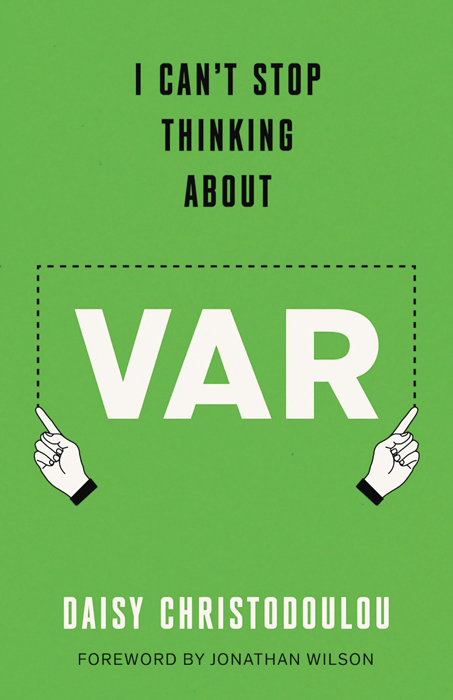Snickometer just made this worse. In the Euros, it was used to determine that the Denmark defender Joachim Andersen had touched the ball with his arm, and that a penalty should be awarded against his side. But most observers watching were baffled. The ball had been hit against him at speed and from a short distance. He barely had the time to move his arm, and he gained little advantage from the infringement.
Technology provides greater scrutiny, but greater scrutiny isn’t always the answer. In the 17th century, the powerful French statesman Cardinal Richelieu is reputed to have said “If you give me six lines written by the hand of the most honest of men, I will find something in them which will hang him.” Video replays in football are like a technological Richelieu. You can always find something in them which will lead to a penalty. We don’t need a piece of technology to help us tell if the ball has hit the hand or not. What we need is some human judgement to tell us when a handball should result in a foul – and when it’s so marginal and accidental that it’s fine to play on.
And that kind of human judgement is arguably far harder to replicate than creating an advanced technology to tell when a ball has touched a hand.
This is something that many involved in the development of artificial intelligence are acutely aware of. One big potential problem that gets discussed a lot in AI circles is the paperclip problem. Suppose you want to create an AI with the goal of efficiently manufacturing paperclips.
The risk is that the AI works diligently towards this goal without any of the common-sense human intelligence would use. It therefore ends up converting the entire world and its resources into one giant ‘paperclip maximising’ machine.
The jargon for this problem is ‘misalignment’, because the goals of the AI and humans are not aligned. It feels like it should be an easy problem to fix – just tell the AI not to create so many paperclips! – but the recent history of VAR shows why it is not that easy.
Since VAR has shown just how many handballs there are, the law has been rewritten again and again to try and align it with our intentions. The law is now 11 times as long and includes sections on whether the hand or arm has moved towards the ball, whether the offending player has used their hand or arm to make their body unnaturally bigger, whether the handball goes on to cause a goal or a goalscoring opportunity, and numerous other elements.
But far from solving the problem, the rewrites have just added a lot of complexity and created a lot of new words for fans to argue about.
Ultimately, the problems VAR has encountered over the past few years are an unexpectedly good guide to the problems facing a world where AI will play a bigger and bigger role. Often technology can’t solve human judgement problems, and sometimes the most amazing technologies just create more problems for human judgement as we have to decide how they should be deployed, what problems we want them to solve, and what the unintended consequences might be. If we can’t get the judgement right, the risk is not just a few over-engineered gadgets and duff handball decisions but complex systems that actively work against our intentions.
I Can’t Stop Thinking About VARby Daisy Christodoulou is out now (Swift Press, £14.99). You can buy it from the Big Issue shop on bookshop.org, which helps to support Big Issue and independent bookshops.
Do you have a story to tell or opinions to share about this? Get in touch and tell us more. This Christmas, you can make a lasting change on a vendor’s life. Buy a magazine from your local vendor in the street every week. If you can’t reach them, buy a Vendor Support Kit.










